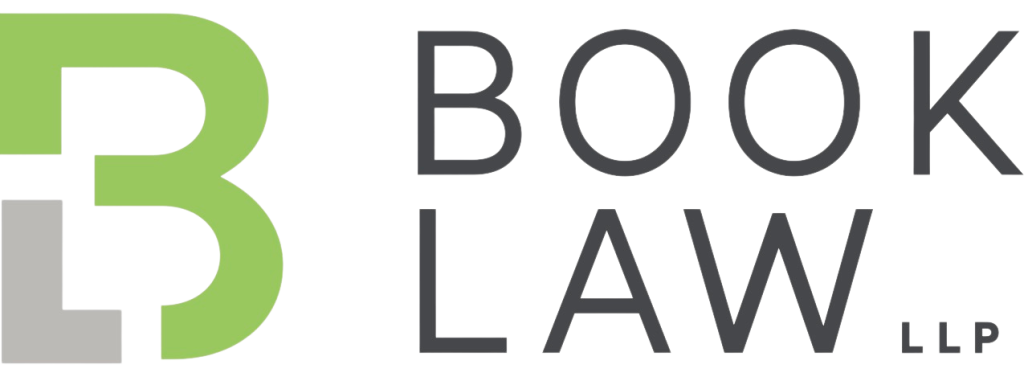As the COVID-19 curve flattens and businesses across NYS and NJ are permitted to reopen, employers and employees have questions. In this blog post and the next, we address some common questions about returning to the worksite and protecting employees from COVID-19.
Can I require employees to return to the worksite?
Generally, no, employers cannot force employees to return to the worksite.
Under federal, state and local disability laws, employers may have to grant unpaid leave or permission to work from home as a reasonable accommodation to employees who have been infected by, exposed to, or recovering COVID-19, and those who are vulnerable to contracting COVID-19.
In NYS, employees who are forced to return to a worksite, even if employed by an essential business, can file a complaint with the NYS Department of Labor if they (i) do not perform an essential function; (ii) could perform their work remotely; (iii) work for an employer who is not following health and safety mandates; or (iv) are particularly frightened because they are over 70 and/or have an underlying illness. Similarly, in NJ, if employees feel that their employers are violating a state executive order, employees may file a complaint with the state via an online reporting form. For example, a NJ employer who forces employees to be present in the workplace when such employees are able to telework may be in violation of Executive Order No. 107, and employees can report such violation through the state’s online form.
Employees who are unable to work at all, remotely or otherwise, for reasons related to COVID-19 may be eligible for job-protected paid leave under the federal Families First Coronavirus Response Act (FFCRA) and state or local laws.
Employees whose work can be performed only at the worksite, but who do not qualify for leave under the various federal and state disability and leave laws, may choose not to return to the worksite. Depending on the circumstances, such employees might be eligible for unemployment insurance benefits.
Employers should evaluate whether an employee is needed at the worksite and, to the extent possible, allow some or all employees to continue to work remotely. However, employers should be careful not to base these determinations on protected characteristics, such as the age, race or gender of their employees, and should consult with counsel to avoid violating anti-discrimination laws.
Are there any documents I am required to provide to furloughed employees upon their return to work?
Furloughed employees who are rehired should be given a new wage notice pursuant to New York’s Wage Theft Prevention Act (WTPA), and may be required to complete a new I-9 form to verify their identity and eligibility for employment. The WTPA requires employers to give written wage notices to employees at the time of hire and every time there is a change in the employee’s pay rate or exemption status. When employees who were furloughed due to the effects of the COVID-19 pandemic are rehired, they may be considered newly hired employees and trigger the notice requirements of the WTPA.
If you have any questions or concerns regarding issues to consider for post-COVID-19 return to work, please contact Chaim Book at cbook@mb-llp.com, Sheryl Galler at sgaller@mb-llp.com, Lianne Forman at lforman@mb-llp.com, Chris Neff at cneff@mb-llp.com, or Jennifer Kim at jkim@mb-llp.com.

